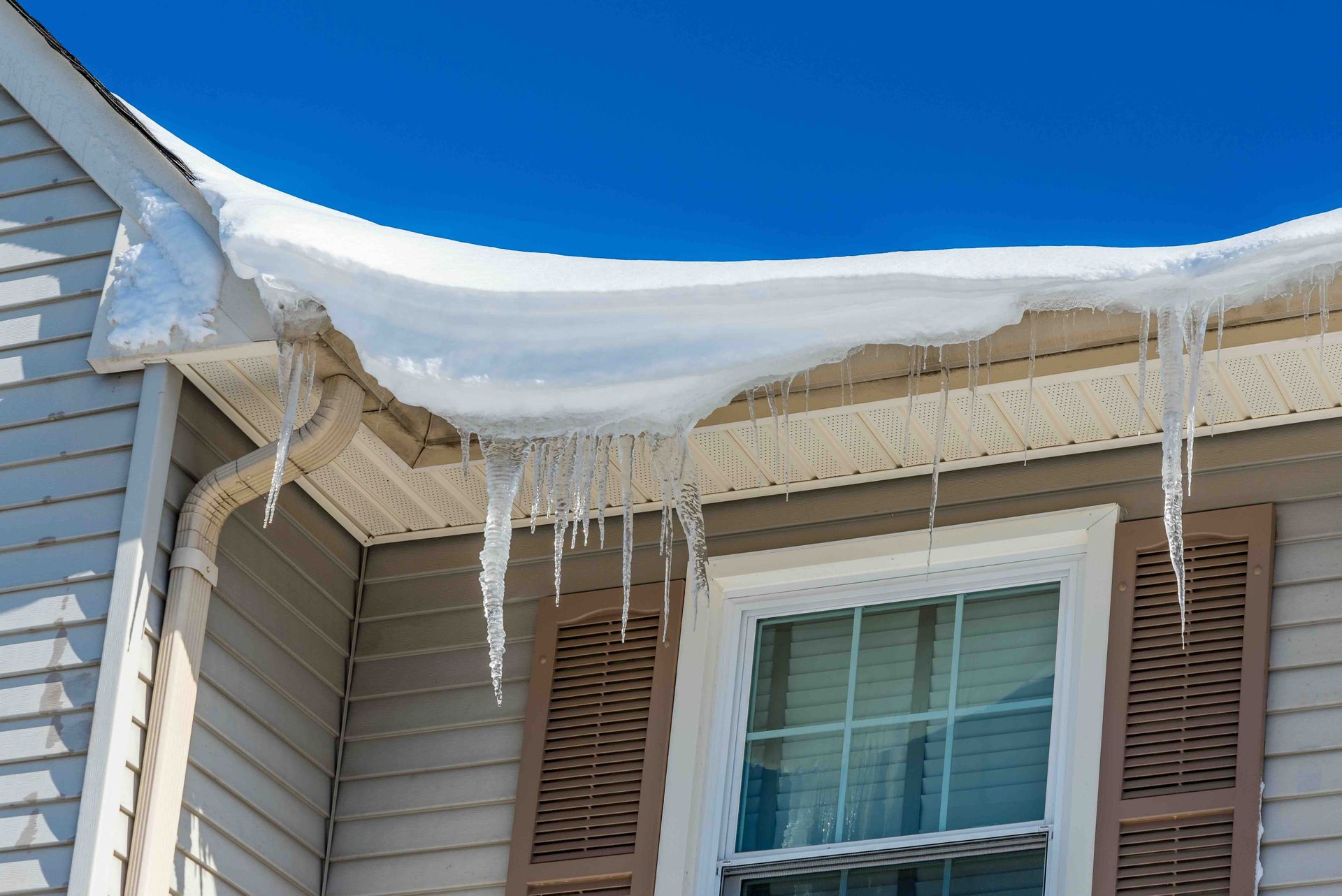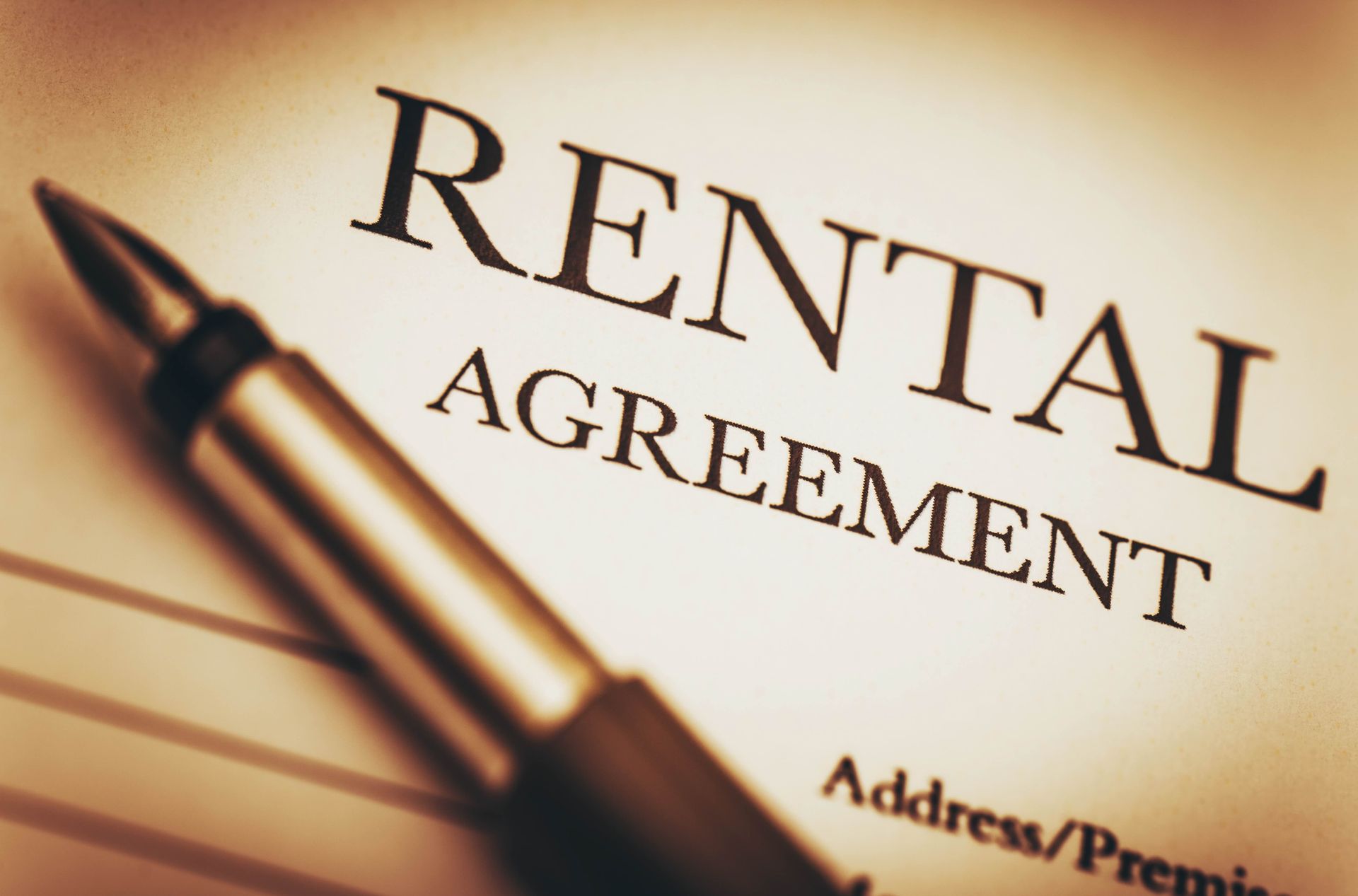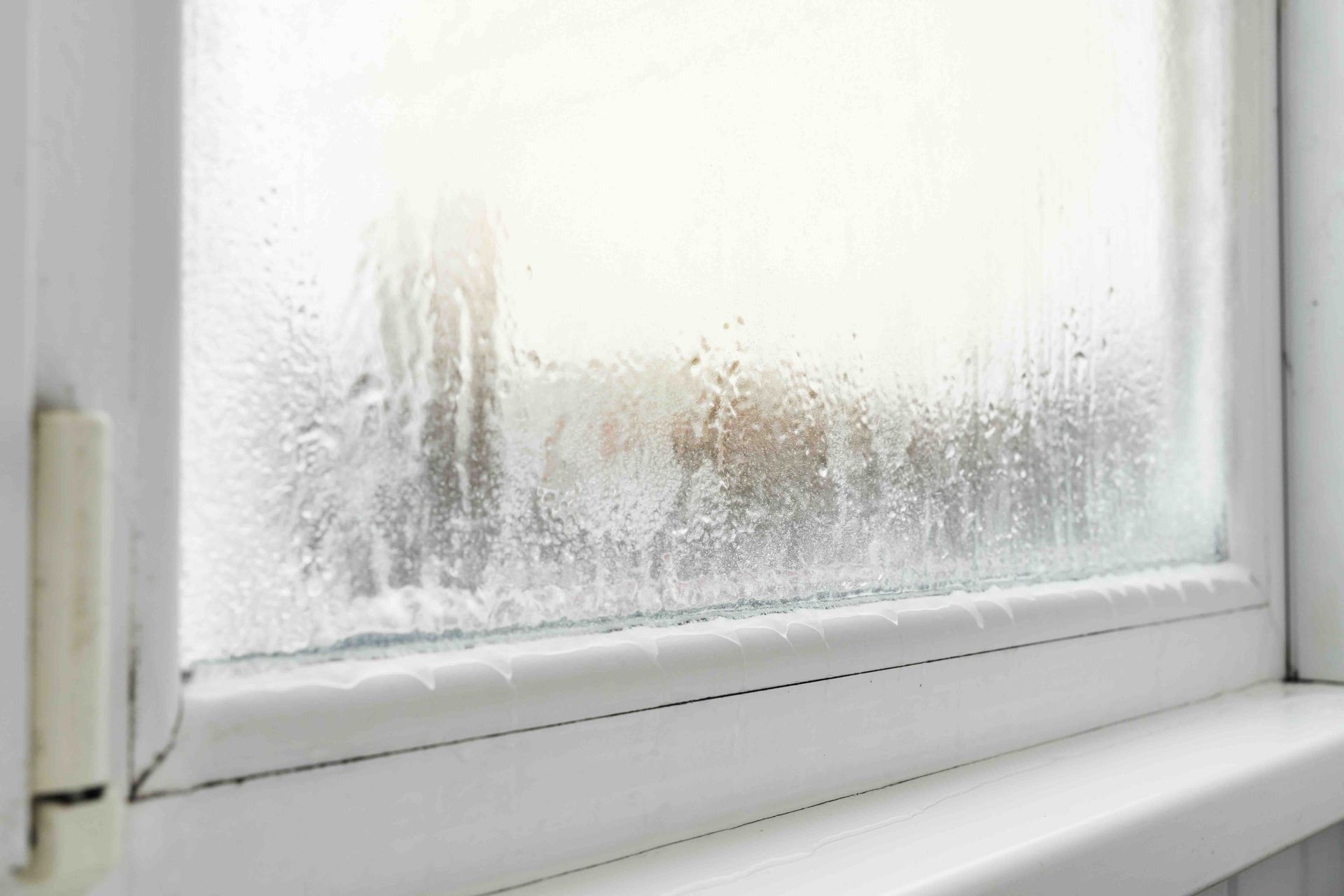STAY INFORMED: SIGN UP FOR OUR monthly chg NEWSLETTER
CHG Newsletter Signup
Thank you for subscribing to our newsletter. We will update you with important news from time to time and promise to respect your email and time.
Oops, there was an error sending your message. Please try again later.
QUICK LINKS
CONTACT
678 Front Avenue, Suite 260
Grand Rapids, MI 49504
- Mon - Fri
- Appointment Only
- Sat - Sun
- Closed
QUICK LINKS
RESOURCES
CONTACT
678 Front Avenue, Suite 260
Grand Rapids, MI 49504
- Mon - Fri
- Appointment Only
- Sat - Sun
- Closed














